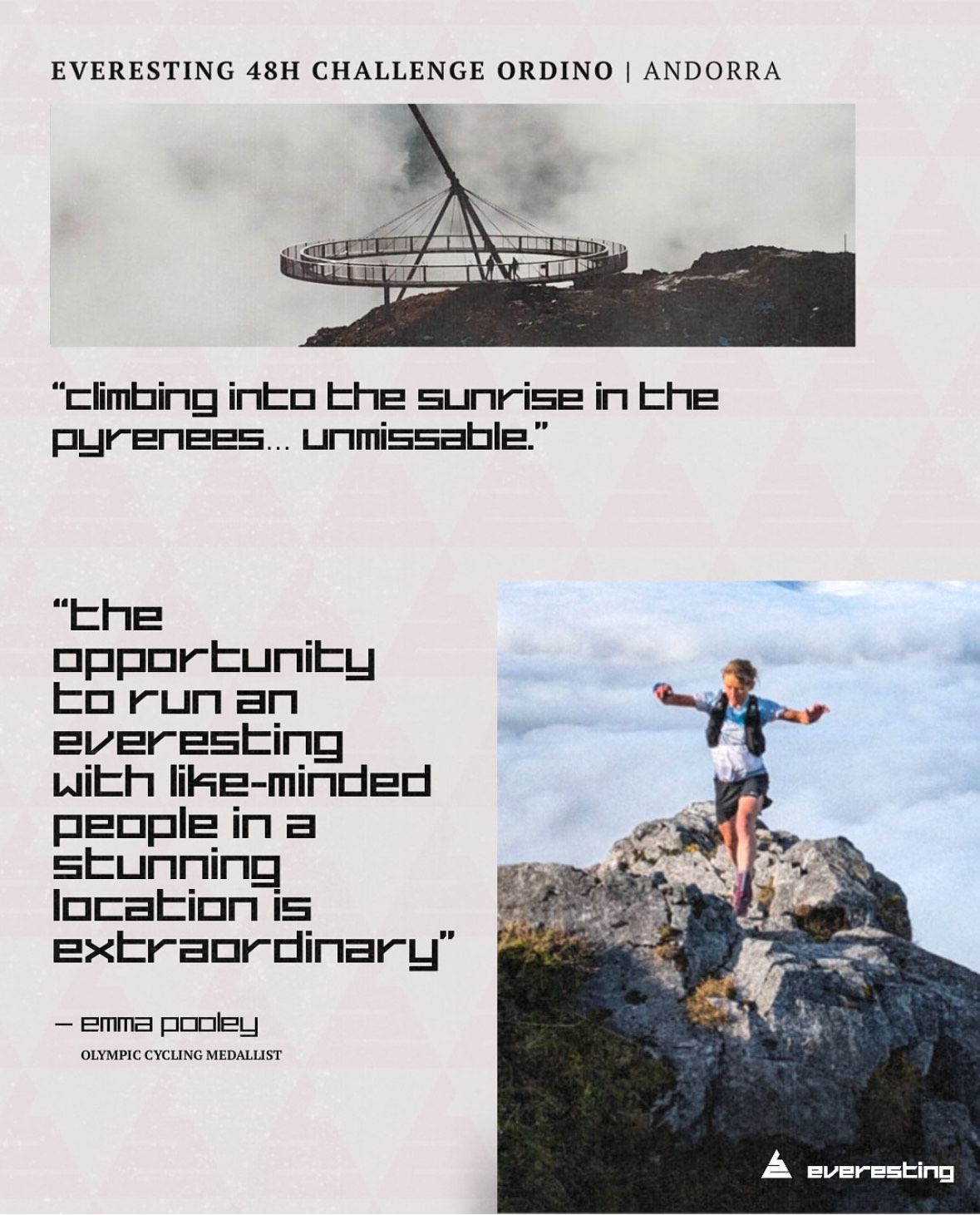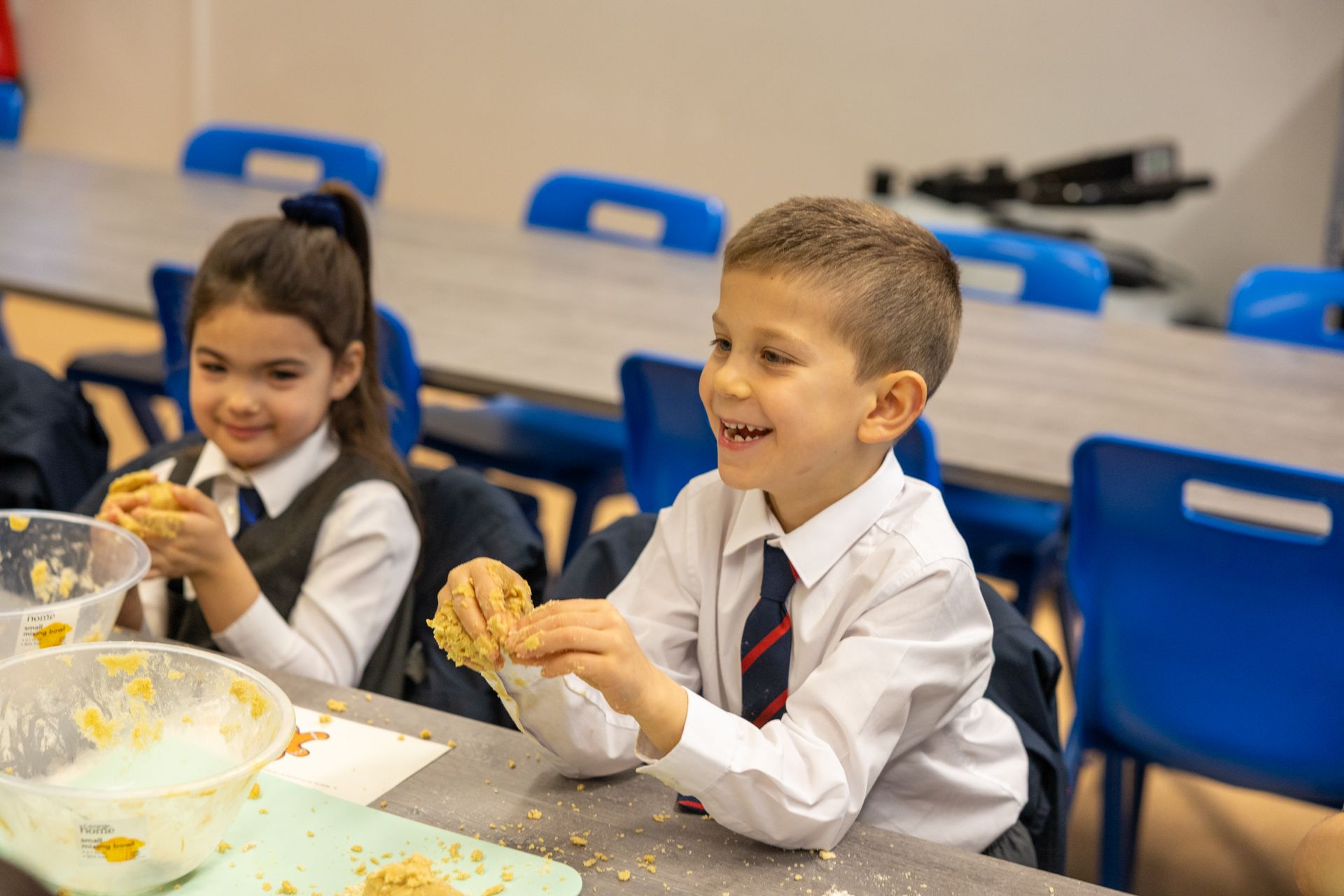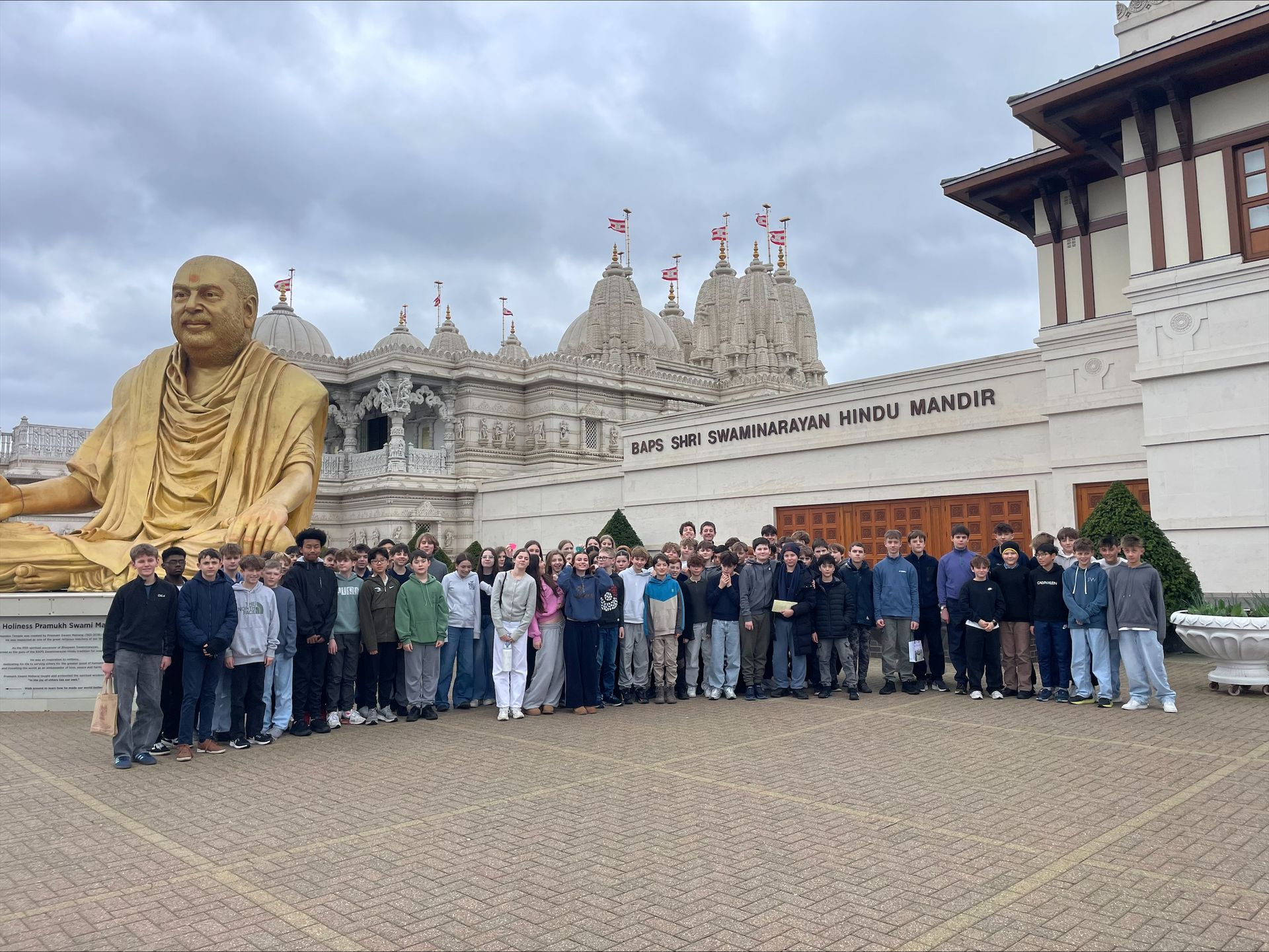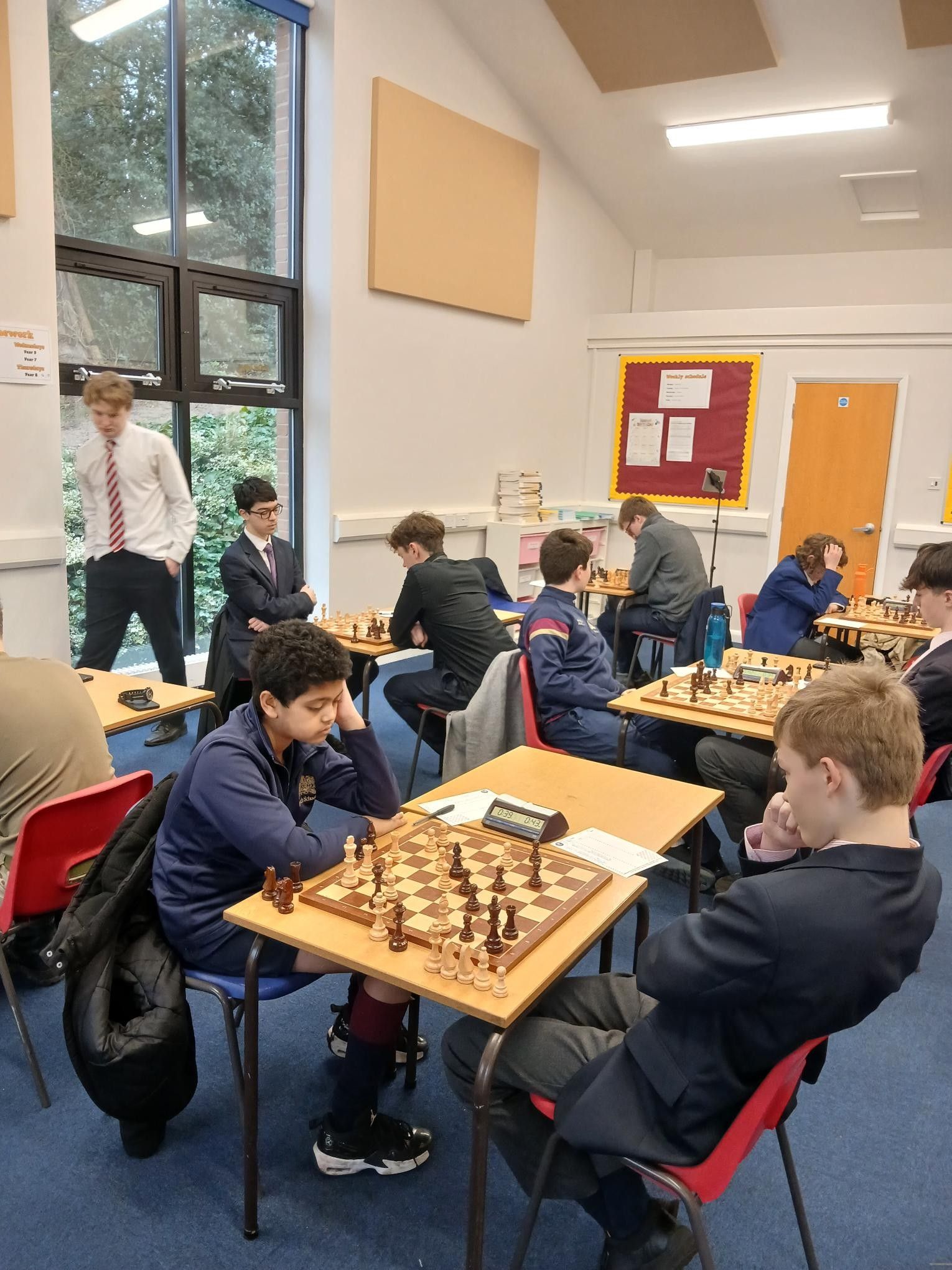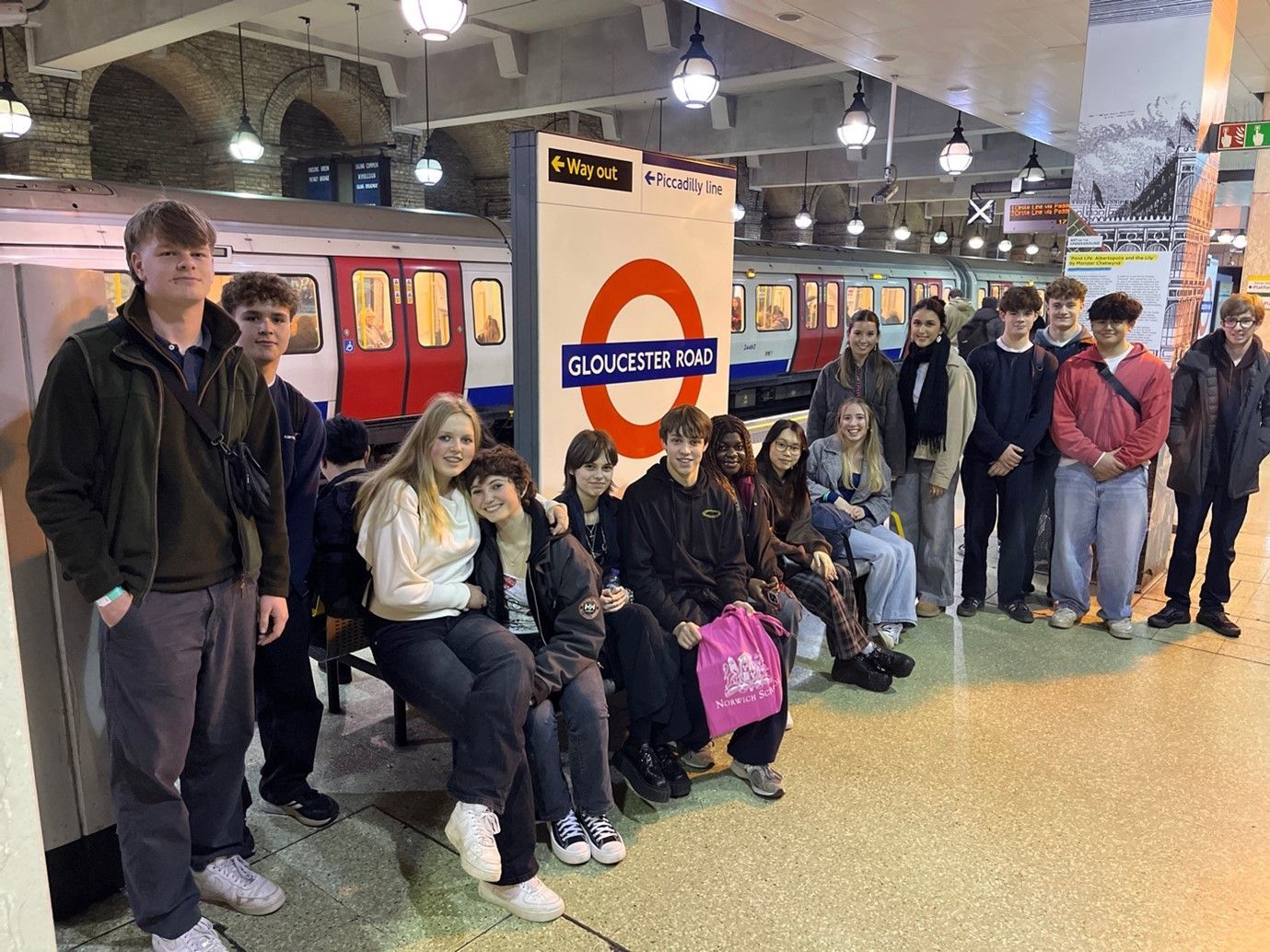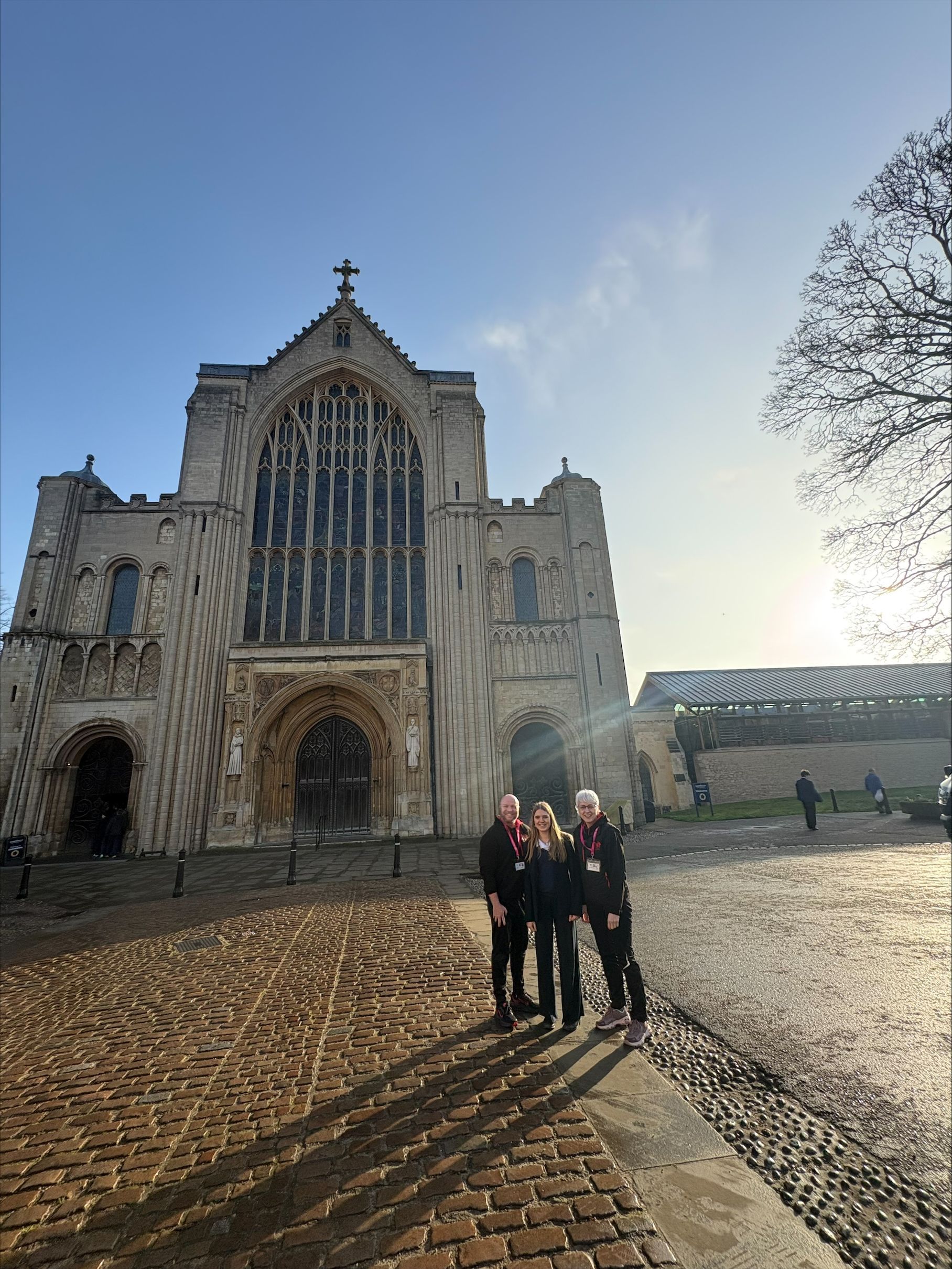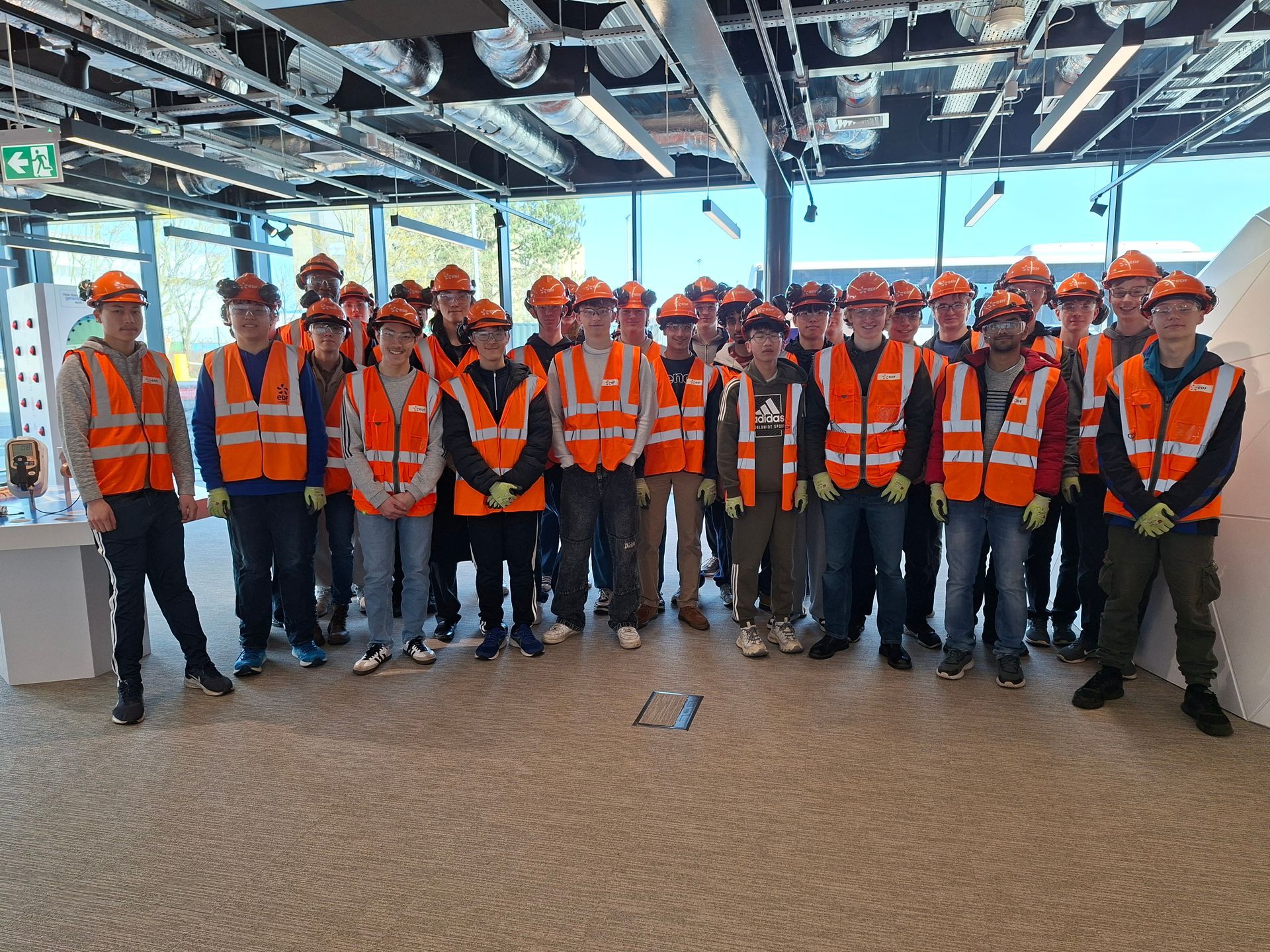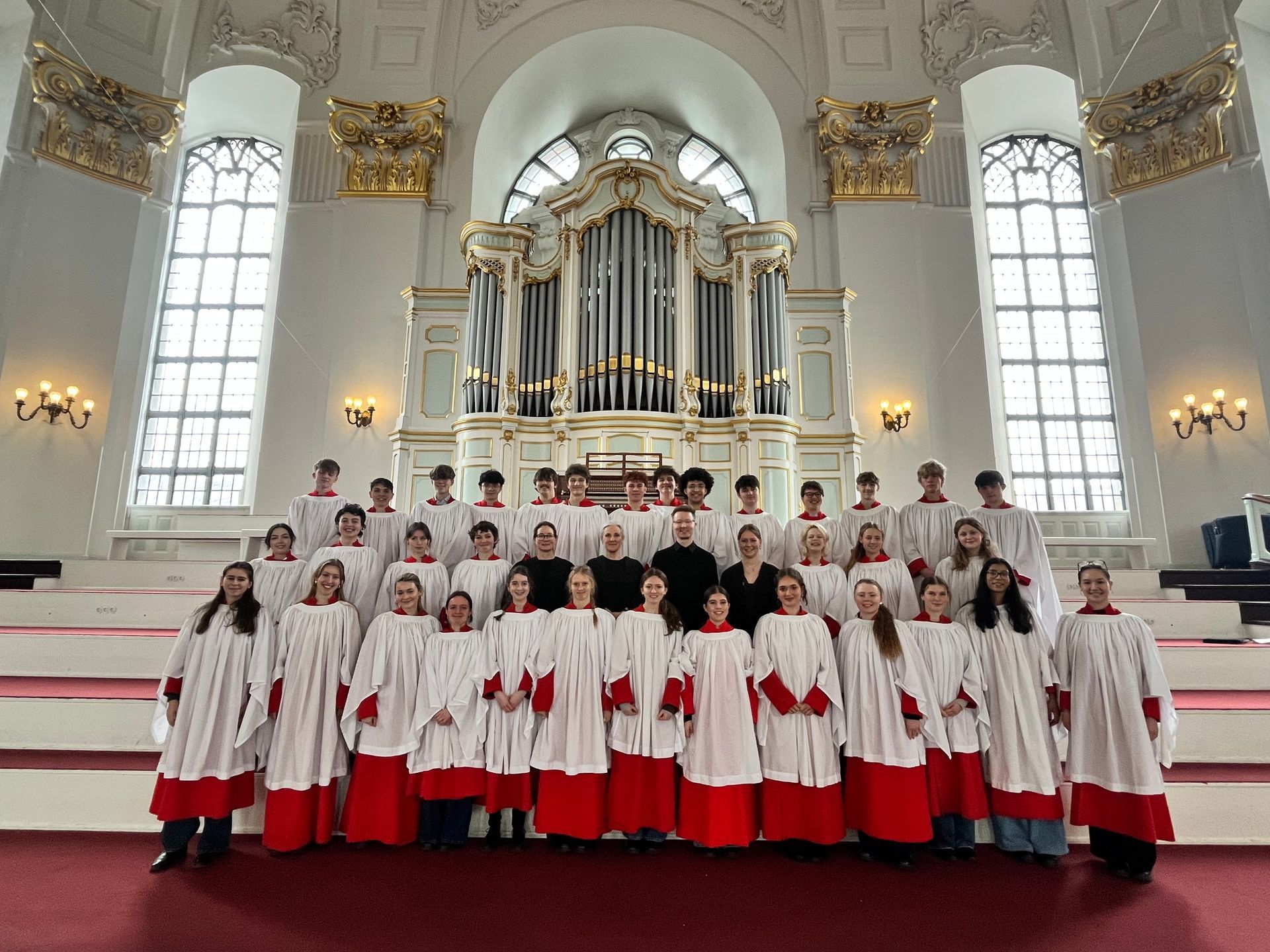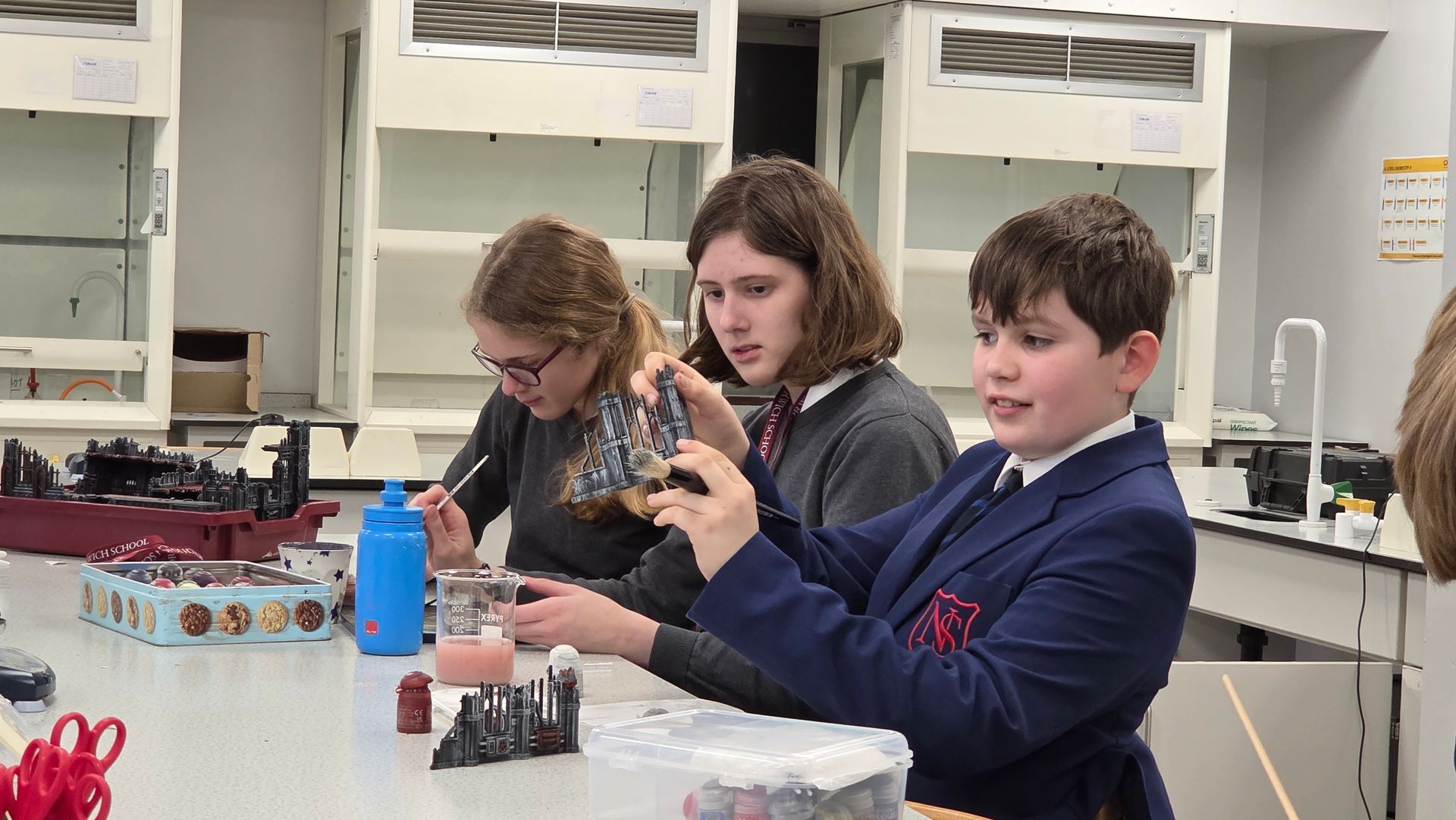By Eleanor Lewis
•
February 27, 2026
On Friday 27 February students studying 3D Design, and some of the L6 Art and Design Scholars visited London on a research trip. First stop was Somerset House to see Collect, the Craft Council’s annual art fair on the UK and international circuit dedicated to museum-quality contemporary craft and design. The exhibition featured specialist galleries from across the globe, showing exquisite works include ceramics, furniture, glass, jewellery, wearable art, metalwork, sculpture and textiles. Two hours later we were back on the circle line on our way to the V&A — the rabbit warren of creativity, and the students self-navigated their way to different themed collections in response to their own personal work themes and disciplines. This saw them explore collections as varied as Architecture, Ceramics, Glass, Jewellery, Metal work, Painting, Photography and the Islamic Middle East collection. After a little time spent watching the tech set up for the Friday late event that was planned for that evening (DJ’s and everything — well worth a visit I think!), we made our way to Gloucester Rd and headed back to Liverpool Street. On the way back, we asked the pupils to send highlights reviews of their trip, some of which are shown below. All in all, an inspiring trip, the pupils were impeccably behaved and seemed to get a lot out of it. Thanks to all who helped organise our trains and our tickets, and thanks to the students for their involvement and engagement. Pupil Highlights: My highlight of our visit to Somerset House was the variety in medium and design, particularly the design- nations 25 th anniversary presentation ‘topophillia’ featuring a trio of glass sculptures representing different landscapes. During our time at the V&A I was very intrigued with the ‘Weston Cast Court’ and the plaster replicas of works by Michelangelo, such as David as well as the ‘Islamic Middle East’ collection, especially the works from Iran. My favourite thing about the collect museum was the Japanese sculpture as we spoke to the guy and he showed us how you can burn incense out of it. At the Victoria Albert museum my favourite thing was the Japanese kimonos as the detail intrigued me. I really enjoyed the second museum, with the wide variety of architecture structures, and overall my favourite was a 1/2 structure with a mirror to make it look like it was a full structure. My favourite part of the trip was drawing ceramics in the V&A museum. I really enjoyed talking to Hugo the Irish knife maker who gave me invaluable information about how to go about looking further at my project. My favourite part of the trip was seeing the theme of forms that individual artists have and how similar object can take a different 'accent' from each designer I really enjoyed the V&A's portrait paintings and the intricacies in them, similarly, with the stained glass section, Japanese ceramics, and Collect's displays, the level of detail within both respective areas were bewildering and motivates me to work harder to perfect my own craft/art. My favourite sessions in the V&A museum were the painting and photograph gallery. I found the paintings very realistic, with delicate brushstrokes showing the details of the figure and sceneries. On the other hand, the photographs reflected multiple social situations which were very meaningful. I really enjoyed visiting the V&A museum and Somerset House. While I didn't find anything I could include in my project I found some really interesting pieces and installations in a wide range of mediums and techniques.
